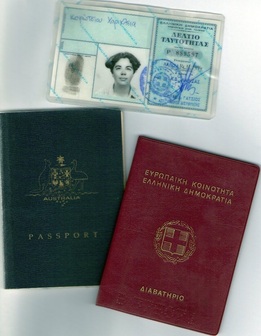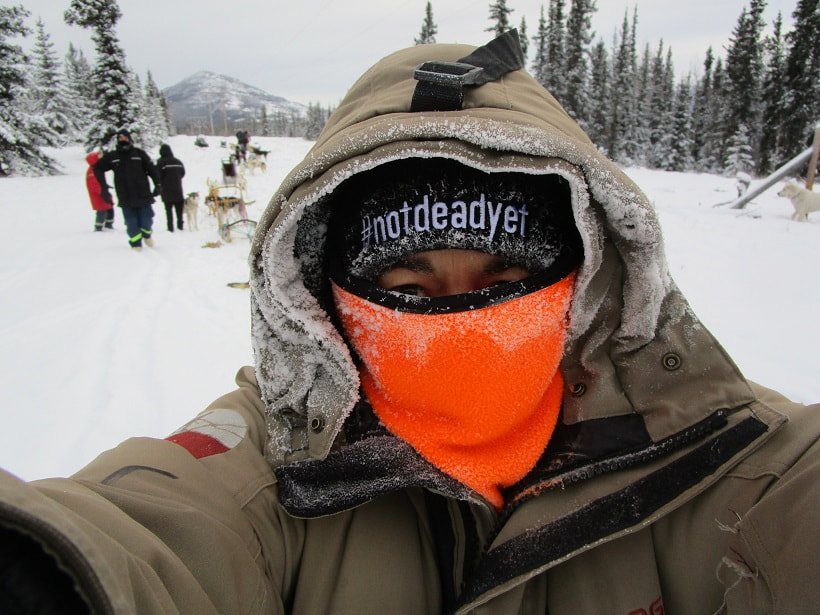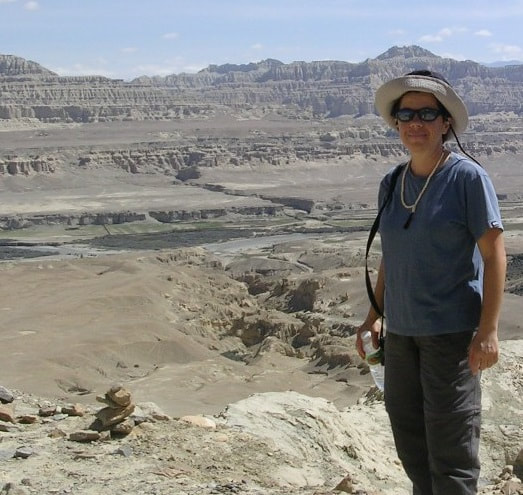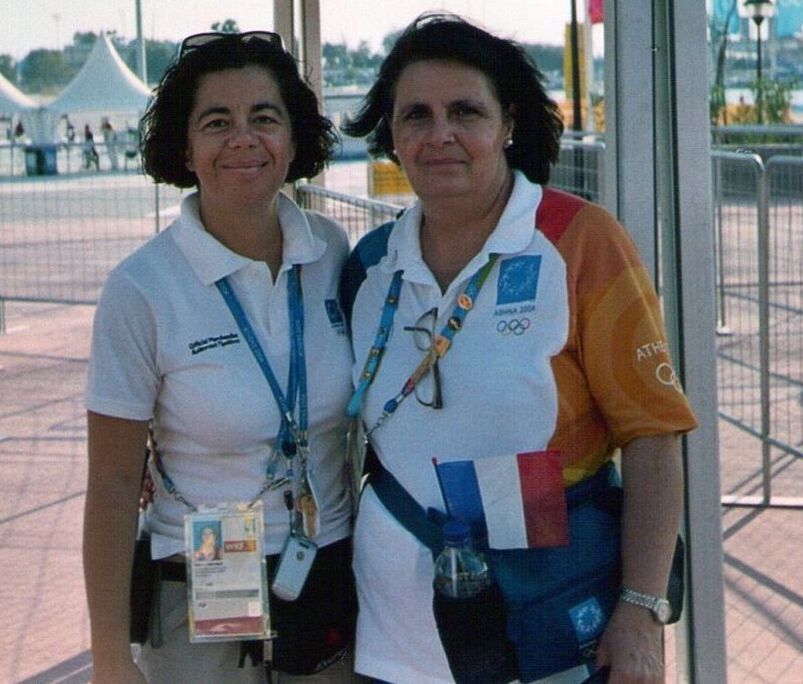|
“So you’re half?” “No, I’m double.” My Japanese students looked at me, perplexed. “I’m Greek and Australian,” I explained. “I’ve got the benefit of two cultures.” My Japanese students made this erroneous assumption after I declared myself a Greek-Australian during a class discussion about cultures. The comment surprised me, as mixed marriages had been common in Australia for many years. However, Japanese kids with a foreign parent were stigmatized and labeled “half” as in, only half Japanese. My adult students had not previously considered the concept of a double culture. Greek by any other name Technically, I’m 100 percent Greek – both my parents are Greek and I was born in Greece. We arrived in Australia when I was two years old, so effectively, this is my first “home.” As with all migrant kids at the time, I rebelled against my culture and refused to attend Greek school. “I’ll have way too much homework now that I’m in high school,” I told my parents. Back then, Greek school was held on Saturday mornings. It was run by an elderly (untrained) Greek who liberally whacked us all with a big stick and failed to teach us any meaningful language skills. We therefore spoke limited Greek and only when conversing with our parents. It wasn’t until my last two years of high school that I, and some of my friends, feigned interest in learning Greek – it was a tactical decision to take an “easy” subject and not study too much for it in our final exams. I also studied Greek at college, under the tutelage of Dr Kanarakis, an enigmatic lecturer who was constantly appalled by my lack of language ability and non-existent knowledge of all things cultural, historical and mythological. Ultimately, it was Dr Kanarakis who inspired me to learn more about my culture and embark on my first solo expedition to my birthplace. Proof of birth “She was born here,” exclaimed my uncle, banging his fist on the counter. “Her parents were born here (bang). Her grandparents were born here (bang).” I sat bewildered in the council office, watching this heated exchange. “It’s impossible,” said the clerk, “she’s not entitled to the paperwork.” I’d returned to my country of birth in 1988, only to be denied the simple confirmation of my heritage: a copy of my birth certificate. Ironic, really, considering I already had a Greek passport, issued via the Greek Consulate in Sydney several months earlier. Heck, even my Australian passport declared my place of birth as: Larisa, Greece. My uncle stormed off, in search of a manager and returned 10 minutes later with reinforcements. It’s the classic Greek way of conflict resolution: it’s not what you know, but who you know. We finally walked out of the local council office triumphant, clutching the precious piece of paper. It was an hour well spent! And the reason for the clerk’s reluctance to issue my birth certificate: I didn’t have the required identification number to facilitate a search of the family records. Apparently, an alphabetical filing system had not yet been developed by the local council. A legal alien
“How did you enter the country?” asked the police clerk. “With an Australian passport.” The clerk flinched. “Look, here’s my alien permit,” I said. “It’s valid for five years.” “No, I can’t accept your paperwork,” he said. “You’ll have to go to the Tourist Police and …” I failed to register the subsequent instructions when I thought I heard him say I had to cancel my passport. No way, I’d never surrender my Australian passport just to get a Greek ID card! “Why is everything so complicated?” I asked my landlord and his wife, who’d accompanied me to the local police station as my witnesses. I stuffed my birth certificate, ID application, photos and statutory declaration into my bag and walked despondently back home. I'd returned to Greece in 1994 and was working in Athens, with tax file number and social security number obtained after much running around. I now wanted an ID card so I didn’t have to carry my Australian passport with me at all times. Sigh. I decided to head to my hometown and attempt to reason with the tourist police who originally issued my legitimate alien permit. “Where were you born?” asked the female clerk. “In Greece.” “Do you have a copy of your birth certificate?” “Yes.” “Then just go downstairs and lodge your ID application!” “But you don’t understand,” I complained. “They wouldn’t accept my application in Athens.” “Nonsense,’ she insisted, directing me out the door. Five minutes later, the policeman stamped my application, took my thumbprint and told me to return in three months to collect my ID card. “Are you sure?” I asked, stunned, after submitting exactly the same paperwork which I attempted to lodge in Athens. “Yes, your ID card will be ready in three months.” The reason why that first clerk refused my application remains an unsolved mystery. Adding spice to the cultural mix If you’ve lived in another country for a while, you’ve probably picked up some of the local mannerisms and behaviours, such as bowing when talking on the phone in Japanese, or, as Annabel Candy wrote, squatting on her haunches in a supermarket queue in England after her 16-month trip to Africa. I still raise my eyebrows and say tsk to indicate “no” when conversing in Greek. I often think in Japanese when noting weather conditions: Samui, for example, is a more emphatic expression than “It’s cold.” Naturally, Greek is my preferred language of choice when throwing insults at my computer every time the internet connection drops out and jams up. “Thanks” sounds uninspiring compared to muchos gracias or domo arigato. I drink Japanese green tea in winter and frappe (ice coffee) during the summer. I eat sushi, tacos, pad thai and spanakopitta (spinach pie). I have lots of amigos and amigas. And while I have dual citizenship and the benefits of two cultures, I feel that I've outgrown my Greek-Australian identity. There must be another expression for that? Or perhaps our cultural boundaries have blurred?
8 Comments
26/9/2011 01:06:43 pm
Might be like dealing with Australian Government Departments where every employee makes their own individual decision.
Reply
Hari Kotrotsios
26/9/2011 02:08:38 pm
Earth, it would help if everyone worked together, rather than separately - less barriers and more sense of community for the benefit of all.
Reply
Marcia
27/9/2011 08:47:46 am
Brings back memories of both countries, Hari.
Reply
Hari Kotrotsios
27/9/2011 09:28:50 am
Marcia, lots of memories indeed!
Reply
Therese
1/10/2011 01:44:02 pm
You are so fortunate to have a background in both cultures Hari, plus living in Japan. It makes for such cosmopolitan understanding of life.
Reply
Hari Kotrotsios
2/10/2011 04:01:29 am
Hi Therese, I recommend travelling to everyone as a way of broading our understanding and appreciation of other cultures. We all have to live together, whether here in Australia, or in other countries. Life is definitely more cosmopolitan - and colourful - when we have access to other people's ideas, lifestyles and food!
Reply
Sue Kruger
3/10/2011 09:46:36 am
Are you an Austreek or a Greekalian?
Reply
Hari Kotrotsios
10/10/2011 11:16:19 am
Sue, technically I'm Greek Australian, as opposed to Oz-born Greeks who are Australian Greek...
Reply
Your comment will be posted after it is approved.
Leave a Reply. |
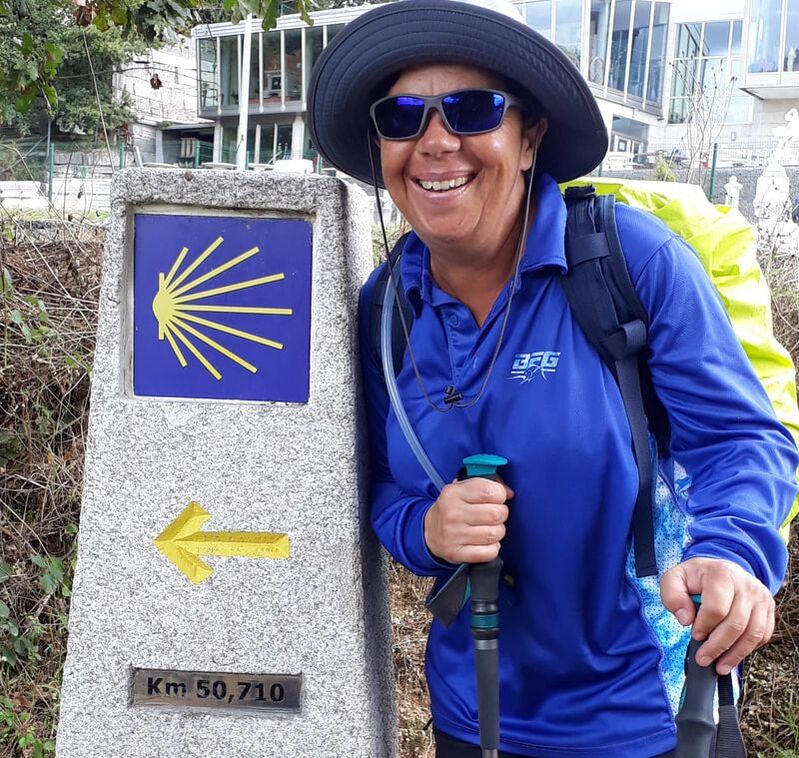 Portuguese Camino 2019 Portuguese Camino 2019
Travel blogs
New Zealand 2008 Tibet 2007 New Zealand 2006 Melbourne 2006 United Kingdom 2004 Athens Olympics 2004 Peru 2003 Beijing to Athens 1994 Nepal 1991 Categories
All
Archives
December 2019
|
|
I acknowledge the traditional Custodians of the land on which I work and live, the Gubbi Gubbi / Kabi Kabi and Joondoburri people, and recognise their continuing connection to land, the waters and sky. I pay my respect to them and their cultures; and to Elders past, present and emerging.
|
© 2024 HARI KOTROTSIOS
|
